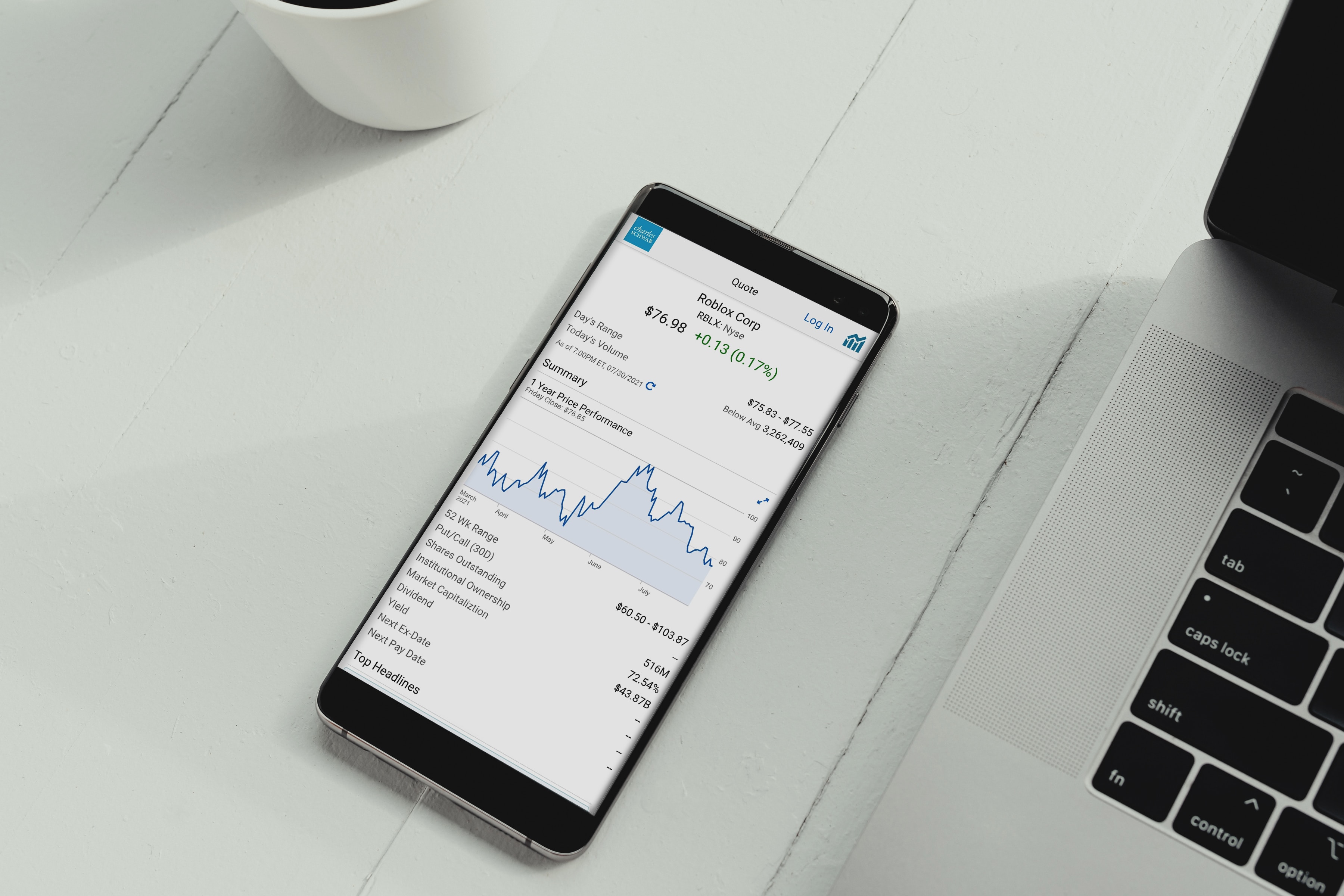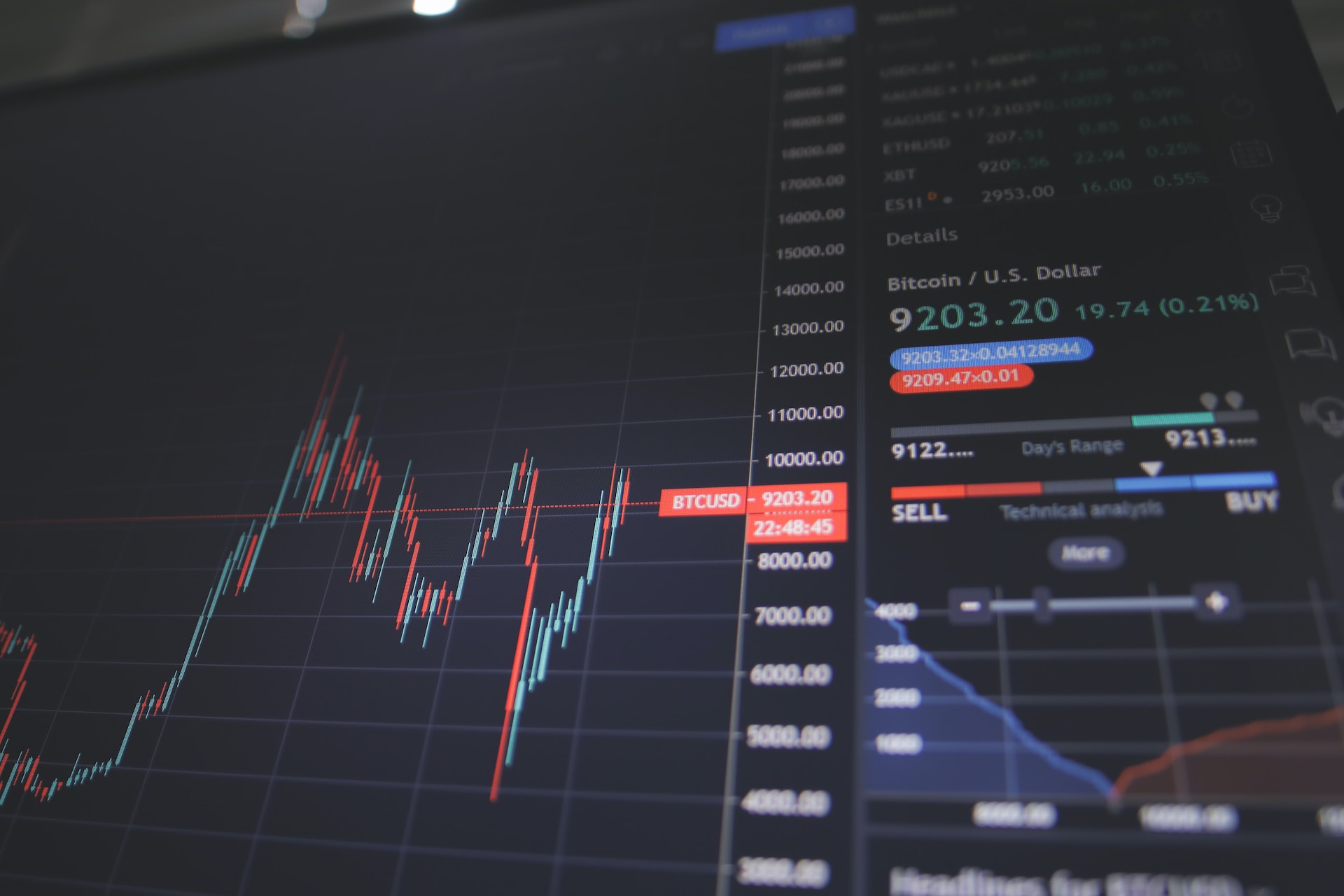What is a Bond? Financial Meaning and How It Works

In this article, the Just2Trade team will tell you everything you need to know about bonds: what a bond is, how it actually works, whether it's a good investment, what the main types of bonds are and the advantages and disadvantages of each type, as well as the financial meaning of a bond. So let's go ahead and get to it! Don't forget to take some notes!
Table of Contents
What is a Bond?
First of all, let's find out what a bond is. An investor makes a loan to a borrower by issuing a fixed-income security known as a bond (typically corporate or governmental). The terms of the loan and the payments are outlined in a bond, which can be compared to an I.O.U. between the lender and borrower. Companies, towns, states, and other sovereign entities all use bonds to finance their operations and capital expenditures. Owners of bonds are debtholders or creditors of the issuer.
The final date on which the loan's principal is scheduled to be repaid to the bond owner is included in the specifics of the bond, as are, typically, the conditions of the borrower's variable or fixed-interest payments.
Who Issues Bonds?
Bonds are a type of debt instrument that represents a loan given to the issuer. Bonds are a frequent tool used by enterprises and governments (at all levels) to borrow money. Roads, schools, dams, and other infrastructure must be funded by the government. Other sudden costs, such as disaster relief and emergency aid, might also bring on the necessity for fundraising.
Similar to individuals, businesses frequently borrow money to expand, purchase real estate and equipment, carry out profitable initiatives, conduct R&D, or hire personnel. Large organizations frequently require far more funding than the ordinary bank can offer, which is a concern.
Bonds offer a solution since they let many different investors play the part of the lender. In fact, public debt markets allow tens of thousands of investors to lend a share of the required money to each other. Furthermore, markets enable lenders to sell their bonds to other investors or purchase bonds from other investors long after the initial issuing institution has acquired funds.
How Do Bonds Work?
Along with stocks (equities) and financial assets, bonds are a common name for fixed-income securities and one of the key asset types that individual investors are typically familiar with.
Bonds may be directly sold to investors when businesses or other entities need to raise funds to support ongoing operations, fund new initiatives, or restructure existing debt. The borrower (issuer) issues a bond which includes the terms of the loan, interest payments to be made, and the deadline (maturity date) for repayment of the borrowed funds (bond principal). Part of what bondholders receive in return for lending money to the issuer is the interest payment (the coupon). The coupon rate is the interest rate, which determines how much will be paid.
Most bonds have their starting price fixed at par value, which is usually $1,000 face value per bond. The real market price of a bond is determined by a variety of variables, including the issuer's credit standing, the remaining time before expiration, and the coupon rate, which corresponds with the current environment of interest rates. When the bond matures, the holder will receive a payment equal to its face value.
Following their issuance, the majority of bonds can be sold by the original bondholder to additional investors. In other words, a bondholder is not required to keep a bond until it matures. The borrower will frequently buy back bonds if interest rates fall, or if they can issue new bonds at a reduced price due to improved credit.

Types of Bonds
Below are the main types of bonds offered on various markets. On some sites, though, you might also find foreign bonds issued by multinational firms and governments. Let's take a closer look at them and see their advantages and disadvantages.
Government Bonds
Mutual funds or ETFs called "government bond funds" invest in debt securities issued by the federal government of the United States and its departments. Short-term government bond funds, like short-term CDs, don't expose you to a lot of danger when interest rates climb, as they did in 2022.
Who Are They Good for?
The funds make investments in US government debt and securities backed by mortgages that are issued by government-sponsored enterprises (GSEs). For low-risk investors, these government bond ETFs are ideal. For new investors and those seeking cash flow, these funds can also be a viable option. For risk-averse investors, government bond funds might be a good option; however, some of them – like long-term bond funds – might vary significantly more than short-term funds as a result of interest rate changes.
Risks
Existing bond prices decrease when interest rates are higher and increase when interest rates are lower. However, long-term bonds are more susceptible to interest rate risk than short-term bonds. Growing rates won't have much of an effect on short-term bond funds, and the funds will gradually raise their interest rates in response to rising market rates.
You can lose buying power if the interest rate can't keep up with high inflation.
Rewards
Thanks to these bonds' credit guarantee from the US government, funds that invest in government debt instruments are regarded as among the safest financial assets.
Bond funds distribute their money every month, and with rates expected to soar higher in 2022, these funds will distribute far more money than they have in recent years.
Corporate Bonds
Bonds, which can be packed into bond funds and held by bonds issued by potentially hundreds of firms, are a common way for corporations to acquire capital from investors.
With an average duration of one to five years, short-term bonds are less prone to interest rate changes than intermediate- or long-term bonds.
Who Are They Good for?
Investors seeking cash flow, such as retirees or those wishing to lower overall portfolio risk while still earning a return, should strongly consider corporate bond funds. Risk-averse investors looking for a little bit higher yield than government bond funds may benefit from short-term corporate bond funds.
Risks
Short-term corporate bond funds are not covered by the FDIC, as is the case with other bond funds.
There is a possibility that a company's credit rating will be lowered or that it will experience financial difficulties and issue bonds that will not be repaid. Make sure your fund consists solely of top-notch corporate bonds to minimize that danger.
Rewards
Compared to government and municipal bond funds, investment-grade short-term bond funds can provide investors with higher returns. However, higher profits come with more risk.
How Are Bonds Priced?
Bonds are valued in the market depending on their unique qualities. The price of a bond fluctuates every day, just like the price of any other publicly traded security, depending on the supply and demand in the market at the time.
But the way bonds are evaluated has a purpose. Thus far, we have discussed bonds as if every investor held them until maturity. Although doing this ensures that you will get your capital back plus interest, a bond does not have to be held until it matures. A bondholder has the option to sell their bonds at any moment on the open market, where prices can change at any time, occasionally significantly.
When interest rates in the economy vary, the price of a bond does as well. This is because, in the case of a fixed-rate bond, the issuer has agreed to pay a yearly coupon based on the bond's par value, so for a bond with a $1,000 par value and a 10% annual payment, the issuer will pay the bondholder $100 per year.
Assume that the rate on a short-term government bond determines the current interest rates to be 10% at the time that bond is issued. Given that both bonds would earn a $100 return, an investor would not care whether they choose to invest in a corporate or a government bond. Imagine, however, that a short while later, the economy has deteriorated and interest rates have fallen to 5%. The investor can now only get $50 from the government bond, while the corporate bond would still give them $100.
The corporate bond is significantly more appealing as a result of this distinction. As a result, market participants will bid up the bond's price until it trades at a premium that equalizes the environment for interest rates at play; in this case, the bond will trade at $2,000, such that the $100 coupon reflects 5%. In a similar vein, if interest rates rose to 15%, an investor could receive $150 from the government bond rather than paying $1,000 to make merely $100. The price of this bond would be sold until it equalized the yields, in this example at a price of $666.67.
Examples of Bonds
A bond is a borrower's guarantee to pay a lender their principal amount plus, typically, interest on the loan. National governments, local governments, and businesses all issue bonds. In order to satisfy the objectives of the bond issuer (borrower), as well as the bond buyer, the interest rate (coupon rate), principal amount, and maturities will differ from one bond to the next (lender). Most corporate bonds come with alternatives that might change their value and make comparisons challenging for non-professionals. Before they mature, bonds can be bought or sold. Many are also publicly listed and can be traded through a broker.
While corporations normally buy bonds from brokerages, governments issue a lot of bonds. You'll need to choose a broker if you're interested in making this investment. To determine which brokers will best meet your needs, you can check Investopedia's ranking of the best online brokers.
Bonds with fixed-rate coupons will always pay the same portion of their face value; therefore, as the coupon's attractiveness changes concerning market interest rates, so will the bond's market price.
Imagine buying a $1,000 par value bond that has a 5% coupon rate. The annual interest payment to the bondholder will be $50. (Remember that most bond coupons are split in half and paid semi-annually.) The price of the bond should stay at its par value, provided that nothing else changes about the environment that would affect interest rates.
However, if interest rates start to fall and new bonds with the same terms are released with a 4% coupon, the original bond will be worth more. In order to persuade the original owner to sell, investors who desire a higher coupon rate will need to pay more for the bond. Since new investors will have to pay more than par value to buy the bond, the additional price will reduce the bond's overall yield to 4%.
However, if interest rates increase and the coupon rate on bonds like this one increases to 6%, the 5% yield becomes less alluring. The price of the bond will drop and start selling for less than par until it has an effective return of 6%.

Are Bonds a Good Investment?
Bonds are often recommended to make up at least some component of a diversified portfolio because they are typically less volatile than stocks. Bond values often increase when rates are down because bond prices change inversely with interest rates. Bonds that are kept until maturity will pay back the entire principal amount plus any interest that was accrued along the way. Bonds are therefore frequently a viable choice for investors looking for income and who wish to protect their wealth. In general, experts suggest that as people age or move closer to retirement, they should skew their portfolios more heavily toward bonds.
Key Takeaways
Bonds are tradable assets that are securitized versions of corporate debt issued by businesses.
Since bonds have historically paid debtholders a fixed interest rate (coupon), they are referred to as fixed-income instruments.
Interest rates that fluctuate or float are also rather typical today.
Interest rates and bond prices are inversely associated: when rates rise, bond prices decline, and vice versa.
Bonds have maturity dates, after which the full principal must be repaid to avoid default.
FAQ
Still have any questions connected with bonds? If so, have a look at our FAQ list below:
What is a bond?
Governments and businesses issue bonds when they need to raise money. By purchasing a bond, you are effectively lending the issuer money. In exchange, they commit to repay you the face amount of the loan on a particular date and to make periodic interest payments – typically twice a year – along the way.
What is an example of a bond?
Some examples of bonds include treasuries, which are the safest bonds but have low-interest rates and are typically sold at auction, treasury bills, treasury notes, savings bonds, agency bonds, municipal bonds, and corporate bonds (which can be among the riskiest, depending on the company).
What is in a bond?
A bond is a fixed-income investment that simulates a loan from an investor to a borrower (typically corporate or governmental). A bond might be compared to an agreement outlining the terms of the loan and the associated payments between the lender and borrower.
What are the types of bonds?
Bonds generally fall into four categories: corporate bonds, municipal bonds, government bonds, and agency bonds.


)

